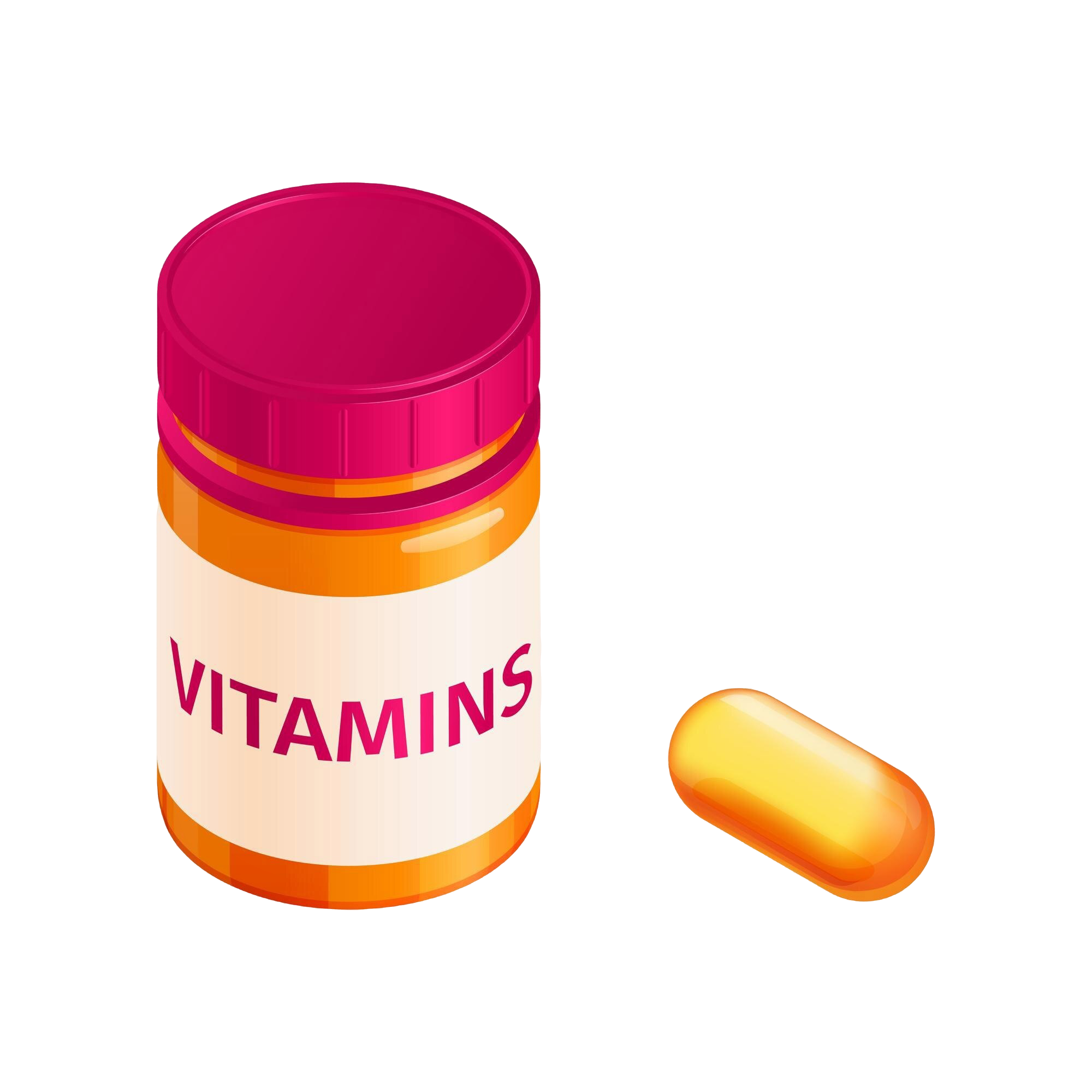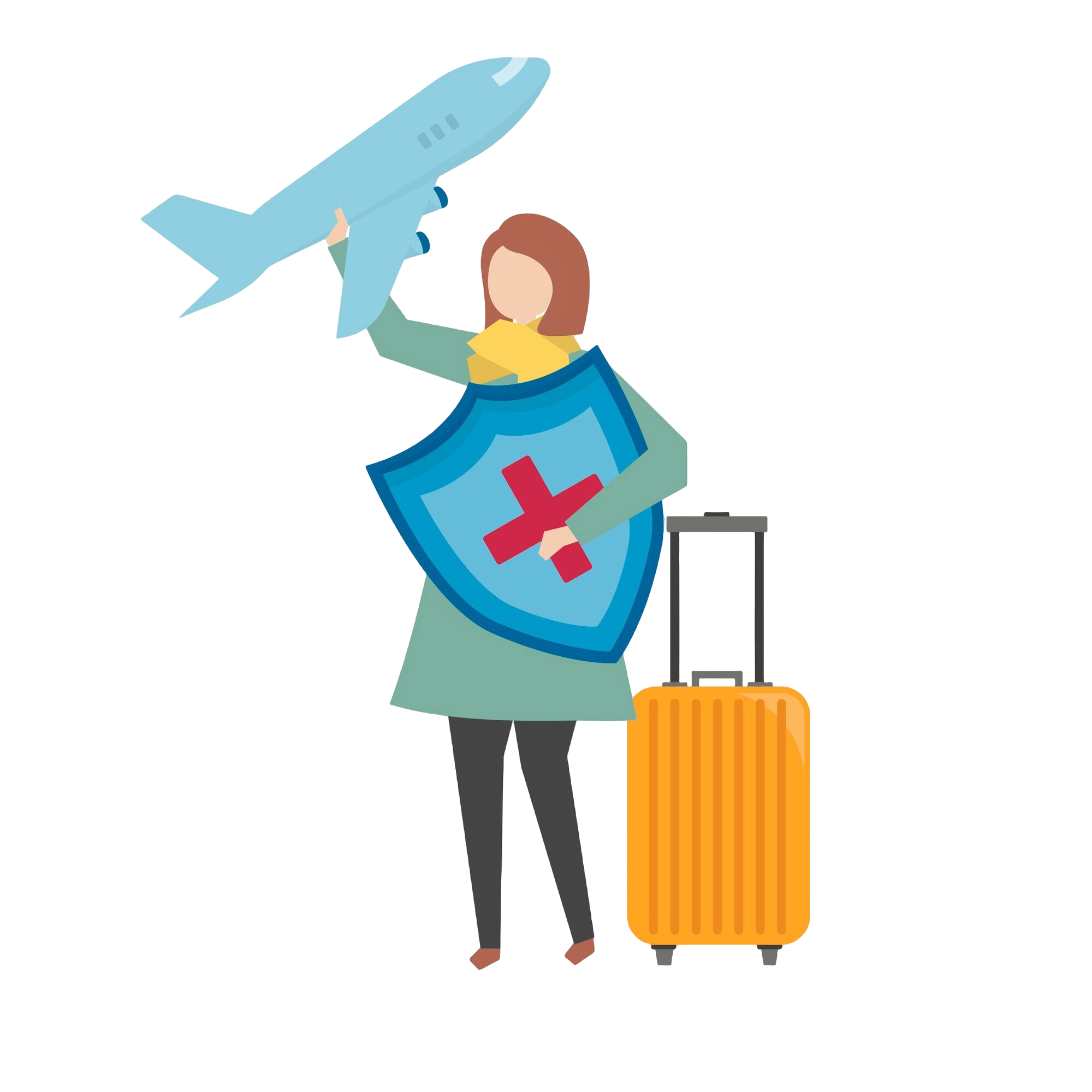Planning for Pregnancy
- Introduction
- Medical History
- Immunisation
- Medications
- Cervical Screen (Pap test)
- Vitamins and Supplements
- Smoking, alcohol and substance use
- Travel and environmental risks
- Healthy weight gain, nutrition and exercise
- Feelings and emotions surrounding pregnancy
- Safety against violence
- Parental Leave
- Helplines/ Useful Information
Pre-Conception Care

- By taking care of yourself before you become pregnant, you are more likely to have a healthy pregnancy and birth.
- You also increase the chance that your baby will be born safely and grow up to be healthy.
- If you are planning to have a baby soon, both doctors and midwives recommend that you visit your GP first to discuss preconception care.
- Preconception health checks are becoming more common throughout the world.
- Preconception care involves a review of the following areas with your doctor.
- In Australia, they are working off the RACGP guidelines.
National Immunisation Program Schedule, The Royal Hospital for Women, Cancer Council Victoria, HPV Vaccine, Better Health Channel, RACGP, PANDA and inTouch: Multicultural Centre Against Family Violence
Medical History

- Your GP will ask you questions about any illnesses or medical conditions that you or your partner (if you have one) may have.
- They may ask about parents, siblings and grandparents on both sides of the family too.
- By checking for possible family diseases or conditions (known as genetic disorders), before you get pregnant you lower the chance that your baby may have them also.
Immunisation
- Your body’s natural way of protecting itself from disease (known as “immunity”) is lower when you are pregnant
- Your doctor can order a blood test to check if you have protection from the following diseases:
- Measles
- Mumps
- Rubella (also called German Measles in Australia)
- Varicella zoster (also called Chickenpox in Australia)
- Diphtheria
- Tetanus
- Pertussis (also called Whooping Cough in Australia)
- Hepatitis B
- Your doctor can order a blood test to check if you have protection from the following diseases:
- If your immunity level is low, your doctor or immunisation nurse can offer vaccinations for Hepatitis B, rubella and varicella.
- The that pregnant women receive the flu vaccine immediately before or during pregnancy. This vaccine is free under the .
For more information on these vaccines, and what illnesses they protect against, click here.
Medications

- Some medicines (also called drugs) may be dangerous to you or your baby when you are pregnant so your doctor will ask these during this appointment.
- Let the doctor know if you take any other vitamins, as well as anything that another doctor, chemist, family member, Traditional Chinese Medicine Specialist or a community healer may have suggested you take.
- If you take medication for a chronic illness (e.g. hypothyroidism, diabetes, high blood pressure, depression or anxiety), you and your doctor can make a care plan to manage your medication needs before you get pregnant.
- Your chemist can also review medications to see if they are safe to take before or during pregnancy.
- If you have questions, you can also call on 1800 647 848 for information to discuss:
- Medicine that your doctor might have prescribed for you
- Medicines or supplements you may purchase straight from the chemist without a script
- Illicit/street drugs
- Infections
- Radiation
- Chemical risks and exposures related to your job
- MotherSafe also provides some factsheets, which you might find helpful.
Cervical Screen (Pap test)
- Women are generally advised to have a Pap test every 5 years.
- You may prefer to have this done before you are pregnant, but it is safe to be screened in pregnancy.
- There is no evidence that links HPV tests to having a miscarriage.
- You may prefer to have this done before you are pregnant, but it is safe to be screened in pregnancy.
- Speak to your GP or community nurse about this before you get pregnant.
- Due to the recent changes to Australia’s Pap screen program, this information has been adapted from Cancer Council Victoria and HPV Vaccine.
- Pap tests are now cervical screens. This new screening test looks for HPV (which causes almost all cervical cancers), not just abnormal cells (like the Pap smear test did).
- HPV is a virus that can cause some genital cancers in men and women.
- On 1 December 2017, Australia switched to a renewed cervical cancer screening program.
- This new test means you will only need to have a screen every five years between ages 25-74.
- In Australia, women from different cultural or language backgrounds are less likely to have regular cervical screening.
- It’s very important that all women, no matter what language they speak or how long they have been in Australia, have Cervical Screening
- Information about Cervical Screening Tests and preventing cervical cancer is available in languages other than English here.
- You can ask your doctor or health professional about cervical screening, or call the Translating and Interpreting Service on 13 14 50 to speak to a Cancer Council nurse in your language.
Where to go for a Cervical Screen?
- If you are due for a Cervical Screening Test and you are pregnant, you should still do the test.
- If you have suffered sexual assault, having a cervical screen can feel scary and you may not want to be tested. Finding an experienced cervical screen provider is possible and you have a right to access care that makes you feel safe and respected.
- You may also be able to complete your own cervical screen so speak to your doctor or women’s health specialist for more information.
- Women who identify as LGBTQI+, Aboriginal and Torres Strait Islander women and women with disabilities often find it harder to access respectful, safe and informative care.
- Accessing this care is your right and you deserve to be treated well at every appointment. You can find more information below and here about accessing services specific to your needs.
Cervical Cancer Vaccine
- The vaccine “Gardasil” can prevent most HPV-relate cancers.
- The National HPV Vaccination Program is for girls and boys aged 12 to 13 years.
- It is important that anyone who has commenced the vaccination program to continue to receive all three vaccination doses.
Cervical screening and female genital cutting (FGC)
The experience of FGC can prevent some women from getting a cervical screening test.
You may find it helpful to:
- know that the appointment is private and confidential
- take a relative or friend with you to help you feel more comfortable
- ask for a female nurse or doctor
- ask your nurse or doctor about the test before it happens
- stop or pause the test at any time
- ask for a sheet to put over you during the test
Source: Cancer Council Victoria: Cervical screening is important for every woman
Vitamins and Supplements

- Folate (Folic Acid) helps to reduce the risk your baby will have problems developing its brain and spinal cord (known as a neural tube defect).
- Vitamin D is a hormone that controls calcium levels in the blood; it is needed for strong bones, muscles and overall health.
- Iodine helps reduce the chance of intellectual disability and stunted growth in children and an enlarged thyroid gland (goitre) in adults.
- You do not need a prescription to buy Folate, Vitamin D or Iodine from the chemist or supermarket.
- Your doctor will also check your health through a blood test.
- Together you can decide if you need other vitamins or supplements can help you stay healthy during pregnancy.
Smoking, alcohol and substance use
- Health professionals recommend that you avoid drinking alcohol during pregnancy, as there is no known safe amount to drink.
- These authorities also recommend that you avoid taking illicit or recreational drugs (e.g. marijuana, ice, cocaine, heroin etc.).
- If you are regularly drinking alcohol or taking drugs or medications, speak to your doctor as they can connect you to support programs to help you quit or manage your substance use.
- Smoking cigarettes is dangerous to you and your baby’s health.
- There are services, programs and medicines that can help you quit.
- Vaping and e-cigarettes may also cause harm.
- Ask your doctor or midwife to connect you to the Chemical Use in Pregnancy Services (CUPS) at your local hospital.
Travel and environmental risks

- If you are planning to travel or have just arrived in Australia from another country, let your doctor know.
- You might need a vaccine or a blood test for illnesses that are less common within Australia.
The Travel Doctor advises that travelling to less developed countries is not generally recommended while pregnant.
- Live vaccines such as measles, mumps, rubella (MMR) and yellow fever should not generally be given to pregnant women. Always check with your travel doctor.
- Malaria can be more severe in pregnancy and poses serious problems for the baby. Some anti-malarial drugs are not safe in pregnancy.
- Countries with outbreaks of Zika virus should be avoided during pregnancy.
- Some antibiotics should also be avoided in pregnancy, and the use of iodine water purifiers is also not advised.
- We recommend contacting the airline and your insurer prior to departure to make sure you are properly covered, and the airline permits you to fly. It is not recommended for women over 35 weeks pregnant to undertake flights over five hours.
Pregnancy also increases your risk of DVT so consider wearing compression stockings, keep well hydrated, and exercise regularly.
Source: The Travel Doctor
Learn more:
Healthy weight gain, nutrition and exercise

- Your doctor will recommend regular exercise that is moderate to intense in nature.
- If you have injuries or a physical disability, you can ask to see a physiotherapist who can help you find the right exercise plan for you.
- Your doctor will also discuss your diet and recommend you achieve and maintain a healthy weight range based on your height, body shape and age.
- You will gain weight during pregnancy but you do not have to “eat for two”.
- Maintaining a healthy weight before and during pregnancy is good for both you and your baby and reduces the risk of diabetes, high blood pressure, preterm birth and having a baby that is over or underweight.
- A healthy weight also reduces the chance you will have complications before or during childbirth or improves your chance of longer term breastfeeding.
- The following recommendations can be found at the website, which is developed by the Victorian Government.
- For women who are a healthy weight, it is recommended that you gain between 11.5 and 16kg.
- Underweight women may need to gain more weight (between 12.5 and 18kg).
- If you are overweight, pregnancy is not the time to start dieting or trying to lose weight.
- However, it is recommended for women who are overweight to gain less weight during pregnancy (between 5 and 11.5kg).
Feelings and emotions surrounding pregnancy

- It is common to experience some sadness, stress or feelings of fear or frustration during pregnancy or after the birth of your baby. You might even have some of these feelings before you get pregnant.
- It may be difficult to know if this is normal or a sign that you may have depression or anxiety
- Many mothers do not ask for help because they believe that having a baby should only be a happy occasion. Some women may also fear other people will judge them.
- It is OK to ask for help if you have feelings of sadness or worry that lasts more than a few days or if you have been feeling this way for weeks, months or even years.
- Your midwife, MCH nurse or doctor may also notice signs of depression or anxiety and they may ask you to answer some questions on a form.
- This form is called the Edinburgh Postnatal Depression Scale (EPDS) and you would have filled it out during one of your first antenatal appointments also.
- Your doctor or nurse may also have asked you to fill out the form in later pregnancy.
- No one has the right to take your baby away from you just because you are sad or worried.
- There are programs that can help you feel better and help you bond with your baby if this is something you are having trouble with.
- Some programs may help request you stay overnight at their centre and help you care for your baby, as you get better. This is often called a “mother-baby unit.”
You have a right to ask for help and feel better.
- Asking for help early on can make you feel better sooner and make your pregnancy and motherhood a more enjoyable experience.
- PANDA has a list of signs that might suggest you or someone you know has perinatal depression or anxiety .
Video: How to support a friend struggling with perinatal anxiety and depression
Safety against violence

- Violence during pregnancy or during the first 5 years of being a mother .
- If you feel unsafe or are experiencing any form of violence (e.g. physical, sexual, emotional, psychological, financial, neglect) you can ask for help.
- You can speak to your doctor if you are concerned and you can reach out to any of these services if you would like to discuss you situation more.
Violence is never OK. You have a right to get help and find safety.
Many organisations can provide help:
- Counsellors – to talk about your problems
- Case workers – to help you make decisions about what you want and how to be safe
- Lawyers – if you need help to go to police, court or with your visa
- Shelter and housing – if you want to leave your home.
Services will listen to you and talk about different choices – you can make choices that are right for you and will be supported no matter what decision you make.
In Touch provide free confidential advice and help in your own language. They have helped many women in your situation. They will make sure that you and your children are safe.
For a free and confidential service, you can contact us:
Phone: 03 9413 6500
Toll free: 1800 755 988
Here is some useful information about violence
- inTouch: Multicultural Centre Against Family Violence
- Relationships Australia
- 1800 RESPECT
- QLife
- Hello Cass
See Shifra’s page on Domestic/Family Violence for more.
Parental Leave

Here is some useful information
- RACGP Guidelines
- National Immunisation Program.
- PANDA
- Video: How to support a friend struggling with Perinatal Anxiety and Depressio
- Video: Behind the Mask: The Hidden Struggle of Parenthood
- inTouch: Multicultural Centre Against Family Violence
- Relationships Australia
- 1800 RESPECT
- QLife
- Hello Cass
- Parenting Payments
Last reviewed: Jun 2022
